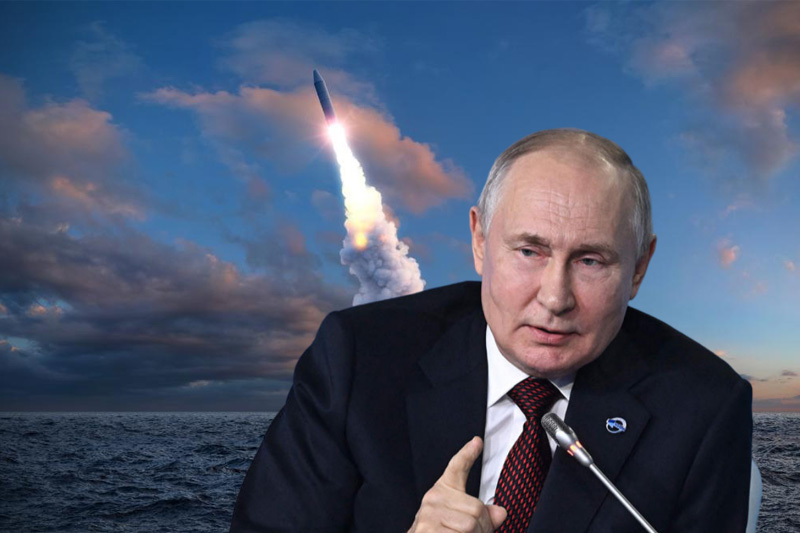
Russia’s CTBT Withdrawal: Implications and Motivations
Russia’s recent proposal to withdraw from the Comprehensive Nuclear Test Ban Treaty (CTBT) has generated a great deal of discussion and debate in the dynamic world of nuclear diplomacy. This choice should not be made hastily because it has important ramifications for international security and illustrates the nuanced nature of Russia’s relationship with the US. We shall examine the history, implications, and possible reasons for Russia’s reexamination of its CTBT adherence in light of the ongoing hostilities in Ukraine in this opinion piece.
A global agreement that forbids the testing of nuclear weapons in any capacity, the CTBT was founded in 1996. It has received support from 187 nations and ratification from 178 others; nevertheless, 44 particular governments possessing nuclear weapons or research reactors must ratify it before it can go into effect. Regretfully, the United States, China, North Korea, Egypt, India, Iran, Israel, and Pakistan are among the eight states that have not yet ratified the treaty. Undermining a major non-proliferation victory made since the conclusion of the Cold War, a potential nuclear test by Russia would be the first since the Soviet Union’s last test in 1990.
One of the many geopolitical fallouts from the Ukrainian crisis is Russia’s unexpected consideration of reversing its ratification of the CTBT. This possible reversal illustrates the complex nature of relations between the United States and Russia and poses a strategic threat to the area. Understanding the history, ramifications, and possible reasons behind Russia’s change in position about the CTBT is essential to comprehending this situation completely.
Keep Reading
Russia is considering revoking its ratification of the CTBT for a variety of reasons. Initially, it can be interpreted as a reaction to Western sanctions and Russia’s alleged isolation on the international scene. Russia’s willingness to adopt a confrontational posture against Western countries would be demonstrated by its withdrawal from the CTBT, which would be a significant declaration. Secondly, strategic and military factors may also have influenced Russia’s action. Resuming nuclear testing might help Russia modernize its arsenal and strengthen its military, giving it a tactical advantage in the changing world security environment.
Moreover, Russia’s fears are further heightened by the continued military delivery to Ukraine by Western nations, which serves as a strategic justification for Russia’s possible withdrawal from the CTBT. Russia’s reexamination of its nuclear testing policy is being driven by several issues, one of which is the arms support provided to Ukraine.
Europe’s security as well as international security are seriously threatened by Russia’s possible reversal of the CTBT. Russia might start an arms race in the area if it were to carry out nuclear tests, which might set off a disastrous domino effect. Other countries would feel pressured to reevaluate their adherence to the treaty, particularly neighboring states and potentially NATO members.
Russia has made a noticeable shift in its rhetoric with its growing use of nuclear threats and provocations to intimidate its enemies. This is a change from its prior, more subdued approach to nuclear deterrence—it is now eager to flaunt its nuclear weapons to push its interests. The growing rhetoric surrounding nuclear weapons highlights the heightened tensions and wider geopolitical ramifications of Russia’s nuclear stance.
In conclusion, regional and international security are greatly concerned about Russia’s possible reversal of its CTBT ratification. It captures the complicated situation that exists between the US and Russia, which is made worse by the current conflict in Ukraine. Maintaining the integrity of transnational-proliferation accords and precluding this scenario from getting worse need diplomatic measures and non-proliferation efforts. Global collaboration and stability are more important than ever in these delicate times.




